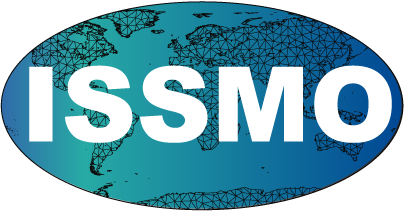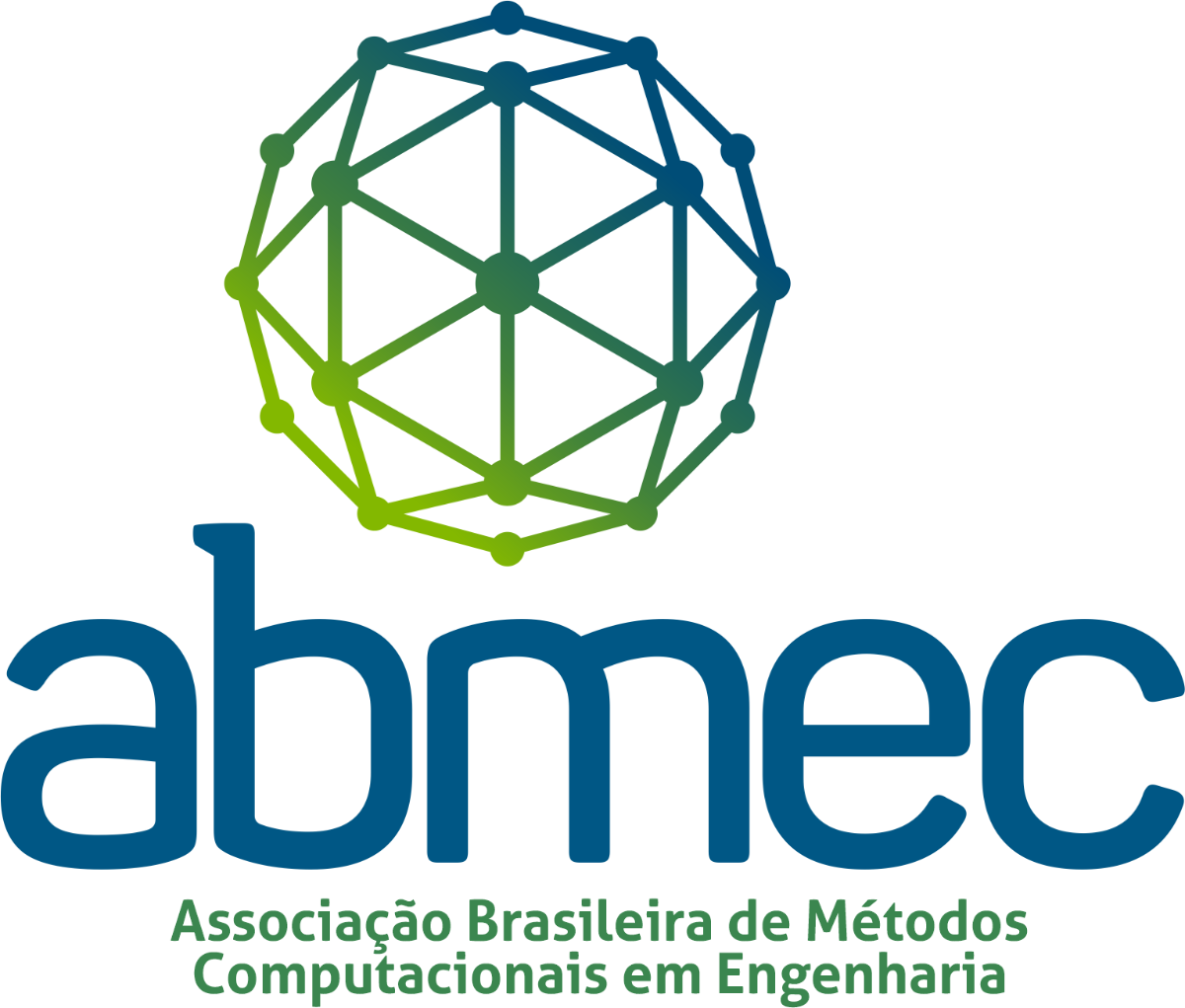
About EngOpt 2026
A forum for Engineers, Mathematicians and Computer Scientists to share research and innovations, promoting interdisciplinary activities in all fields of Engineering Optimisation
The primary goal of the EngOpt conference series is to periodically bring together engineers, applied mathematicians, and computer scientists working on research, development, and practical application of optimisation methods in all engineering disciplines and the applied sciences.
The first International Conference on Engineering Optimisation took place in 2008 in Rio de Janeiro, and the second one was held in Lisbon in 2010. In 2012, EngOpt returned to Rio de Janeiro and in 2014 to Lisbon. In 2016, it was held in Foz do Iguassu, Brazil, and in 2018 it returned to Lisbon. All conferences were very successful in terms of the number and quality of presentations.
The decision to restart the organisation of this conference series is motivated by the growing scientific importance and the wide-ranging impact on societal developments that optimisation continues to have.
Objectives
The main goal of EngOpt conferences is to periodically bring together engineers, applied mathematicians and computer scientists working on research, development and practical application of optimization methods in all engineering disciplines and applied sciences.

Engineering Design Optimization
Modern design techniques seek for the best design to perform the desired tasks. Engineering Optimization deals with the optimal design of elements and systems in all engineering fields.
Nowadays, use of Design Optimization techniques is rapidly growing in most of engineering disciplines, like automotive, aeronautical, mechanical, civil, nuclear, naval, electrical, energy and off-shore engineering. This is due to the increase of technological competition and the development of strong and efficient techniques for several practical applications.

MDO - Multidisciplinary Design Optimization
Engineering Systems are increasingly complex and represented by large and sophisticated numerical models. They involve several interacting disciplines or are made up of distinct interacting subsystems that must be considered simultaneously to obtain efficient designs.
Multidisciplinary Design Optimization is devoted to the design of complex systems involving interacting subsystems or disciplines. The main scientific challenges of MDO are concerned with the development of strong and efficient numerical techniques and with the computational organization required for the necessary coupling of codes employed in interacting disciplines.

Structural Optimization
Fields such as computer-aided design and manufacturing, reliability analysis, artificial intelligence, system identification and modeling, inverse processes, computer simulation, bio-mechanics, bio-medical applications, nano-technology, MEMS, optics, chemical processes, computational biology, meta-modeling, DOE and active control of structures are covered when the topic is closely related to the optimization of structures or fluids.
Inverse Problems
Numerical methods for inverse problems in most cases are based on optimization techniques similar to those employed in optimal design. This field, present in all engineering disciplines, is of utmost importance for EngOpt conferences.

Engineering Simulation Involving Optimization Techniques
Several physical phenomena are naturally represented by an optimization problem. This is the case when the "equilibrium" is attained at the minimum of an energy function. In several applications, constraints must be satisfied. This is the case of contact problems in solid mechanics.
Numerical Techniques
Engineering Optimization requires a large set of basic computer tools. This is the case of several CAD tools for geometric modelling, engineering analysis methods, sensitivity analysis as well as mathematical programming and genetic or evolutionary optimization algorithms.

About Interdisciplinarity in Engineering Optimization
Modern Engineering Optimization is strongly interdisciplinary in two axes. In order to integrate the basic and applied techniques and to solve real engineering problems it is required the cooperation of engineers, mathematicians and computer scientists working on research and practical applications.
A fundamental need for MDO is also the establishment of a strong communication among scientists and practitioners acting in different Engineering Disciplines.
EngOpt is intended to be a forum to expose and share current and future research and innovation in all techniques involved in Engineering Optimization as well as in the relationships among them.
Main Conference Themes

> Design Optimization and Inverse Problems
This topic covers foundational and cutting-edge methods for design and inverse problems across multiple domains, encouraging both theoretical developments and practical applications
(click here to see all topics)
• Shape and Topology Optimization of Structures
• Aerodynamic and Acoustics Optimization
• Multi-Physics Problems Optimisation
• Multidisciplinary Optimisation Problems
• Optimisation of Structures and Materials Optimal Design
• Thermo, Fluid and Combustion Optimization
• Process Synthesis, Design, and Planning in Chemical Engineering
• Robotics and Autonomous System Optimization
• Optimal Control for Dynamical Systems
• Digital Twin Technologies for Predictive Optimization
• Approaches to Handle Bilevel, Multilevel and Hierarchical Optimisation Problems
• Optimization of Renewable Energy Systems (e.g., wind farm layout, solar energy systems)
• Biomimetic and Biological Systems Optimization
• Additional Topics, Methodologies and Challenges in Design Optimisation are welcome
> Numerical and Computational Techniques
This topic addresses the theoretical and computational tools that underpin modern optimisation, emphasising versatility, efficiency, and scalability
(click here to see all topics)
• Gradient-Based Optimisation Algorithm and Sensitivity Analysis
• Global Optimization Methods
• Optimization Algorithms for Mixed, Continuous and Discrete Variables
• Benchmarking and Performance Evaluation of Optimization Algorithms
• Derivative-Free Optimization (DFO) Methods (e.g., direct search, surrogate-based, Bayesian optimisation)
• Metaheuristics and Evolutionary Algorithms (e.g., genetic algorithms, particle swarm, simulated annealing)
• Surrogate Modelling and Approximation-Based Optimisation
• Robust and Reliability-Based Optimisation
• Scalable Global Optimization for Large-Scale Problems
• Hybrid Algorithms: Integrating AI, Heuristics, and Classical Methods
• Multi-Objective and Multi-Scale Optimization Frameworks
• Optimization in High-Dimensional Spaces (e.g., dimensionality reduction, sparse optimization, decomposition techniques)
• Cloud-Based and Distributed Computing for Optimization
• Real-Time Optimization Techniques
• Software and Computational Frameworks for Optimization (e.g., open-source libraries, parallel computing, GPU/CPU acceleration)
• Additional Topics, Methodologies and Challenges in Numerical and Computational Techniques are welcome
> Applications and Case Studies
This topic welcomes industry-focused and real-world applications, providing a venue for demonstrating the effectiveness of various optimisation techniques in practice
(click here to see all topics)
• Application for Aerospace Engineering
• Application for Civil and Architectural Engineering
• Application for Mechanical Engineering
• Application for Biomedical Engineering
• Sustainable Energy Systems: Renewables, Grids, and Storage
• Smart Cities, Urban Mobility, and Infrastructure Resilience
• Advanced Manufacturing and Process Control
• Logistics and Supply Chain Optimization
• Other Applications and Case Studies
> Emerging and Interdisciplinary Topics
To ensure relevance and forward-looking impact, this section invites contributions from the most innovative and cross-disciplinary research areas
(click here to see all topics)
• Artificial Intelligence and Machine Learning in Optimization
• Optimization with Quantum Computing and Quantum-Inspired Methods
• Integrating Big Data, Digitalization, and Smart Systems in Optimization
• Circular Economy and Sustainable Resource Management Through Optimization
• Resilience, Security, and Robustness in Next-Generation Engineering Systems
• Innovative, Unconventional or Cross-Cutting Topics that Push the Boundaries of Traditional Optimisation Fields
• Optimization in Health and Personalized Medicine
• Optimization for Autonomous Transportation Systems
• Other Emerging and Interdisciplinary Topics
> Education in Optimization
This topic highlights pedagogical approaches, curriculum development, and innovative teaching methodologies for optimisation
(click here to see all topics)
• Strategies for Teaching and Promoting Optimisation at Educational Levels
• Case Studies and Hands-On Learning Techniques
• Software Tools and Computational Resources for Optimisation Education
• Integration of Optimization Tools in E-Learning Platforms
• Open Discussions on Best Practices and Future Directions in Optimisation Education
• Other topics related to Education in Optimization
© Copyright 2025. All Rights Reserves.










